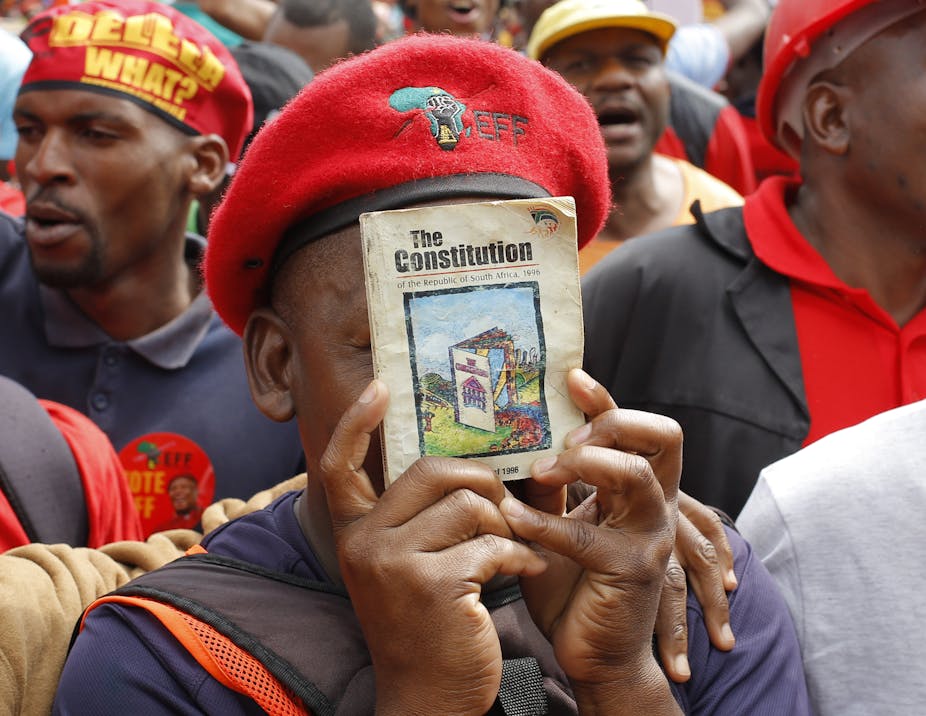Constitutional Amendments By African Presidents.
Constitutional Amendments: A Tool of Power for African Presidents
Authored by Beyonddennis
Constitutional amendments, often seen as a mechanism for societal progress and adaptation, have frequently been wielded as instruments of power consolidation and entrenchment by African presidents. This phenomenon, observed across the continent for decades, raises fundamental questions about the delicate balance between executive authority, democratic principles, and the rule of law. The intricate dance between presidential ambition and constitutional limits has profoundly shaped the political landscape of many African nations, often leading to prolonged tenures, weakened institutions, and sometimes, political instability.
The Lure of Perpetual Power: Term Limit Removals
Perhaps the most prominent and contentious type of constitutional amendment pursued by African presidents has been the removal or extension of presidential term limits. Designed as a safeguard against authoritarianism and to promote democratic turnover, these limits have been systematically targeted by leaders seeking to prolong their stay in office. The arguments often presented for such changes vary: a leader's indispensable experience for national development, the need for continuity during times of crisis, or even popular demand, though the latter is often orchestrated.
Notable examples abound. Presidents like Yoweri Museveni of Uganda, Paul Biya of Cameroon, and the late Gnassingbé Eyadéma of Togo successfully amended their respective constitutions to remove term limits, allowing them to remain in power for decades. In 2005, Uganda's parliament voted to remove presidential term limits, paving the way for President Museveni to seek re-election repeatedly. Similarly, in 2008, Cameroon's parliament amended the constitution, removing the two-term limit for President Paul Biya, who has been in office since 1982. These amendments often spark significant public outcry and opposition, highlighting the tension between presidential ambitions and the aspirations of citizens for democratic transitions.
Expanding Presidential Authority and Curtailing Checks and Balances
Beyond term limits, constitutional amendments have also been used to expand the powers of the presidency, often at the expense of other branches of government or independent institutions. This can manifest in various ways, such as granting the president more control over the judiciary, increasing their legislative powers, or weakening oversight bodies. For instance, amendments might allow the president to appoint more judges, diminish the powers of parliament to scrutinize executive actions, or centralize authority within the executive branch, thereby eroding the system of checks and balances crucial for democratic governance.
Such amendments can transform a presidential system into one where the executive dominates, leaving little room for effective opposition or accountability. This consolidation of power often facilitates corruption and reduces avenues for popular participation and dissent, further entrenching the incumbent's rule. The rationale presented for such changes often centers on improving efficiency in governance or ensuring national unity, yet the practical outcome frequently deviates from these stated objectives, leading to a more autocratic style of leadership.
The Mechanics and Implications of Amendments
The process of amending constitutions varies across African nations, typically involving parliamentary votes, referendums, or both. However, the legitimacy of these processes is frequently questioned when amendments are initiated by presidents for self-serving reasons. Critics often point to a lack of genuine public consultation, intimidation of opposition figures, and manipulation of electoral processes to ensure a favorable outcome in referendums. The use of state resources to campaign for "yes" votes, coupled with limited space for dissenting voices, further compromises the integrity of such constitutional changes.
The long-term implications of these amendments are profound. They often contribute to political instability, as frustrated populations seek other means to express their dissatisfaction when democratic avenues are closed. Such actions also weaken democratic institutions, including the judiciary and legislature, by undermining their independence and capacity to act as checks on executive power. Furthermore, they can perpetuate a cycle of strongman rule, hindering the development of robust, institutionalized democracies and fostering an environment where personal rule trumps constitutionalism.
In many instances, the push for constitutional amendments by African presidents is a symptom of deeper governance challenges, including weak political parties, underdeveloped civil societies, and insufficient economic diversification. Addressing these underlying issues, alongside strengthening constitutionalism and fostering a culture of respect for term limits and democratic transitions, is crucial for the continent's democratic future. The ongoing debate surrounding these amendments underscores the continuous struggle for democratic consolidation and good governance in Africa.
